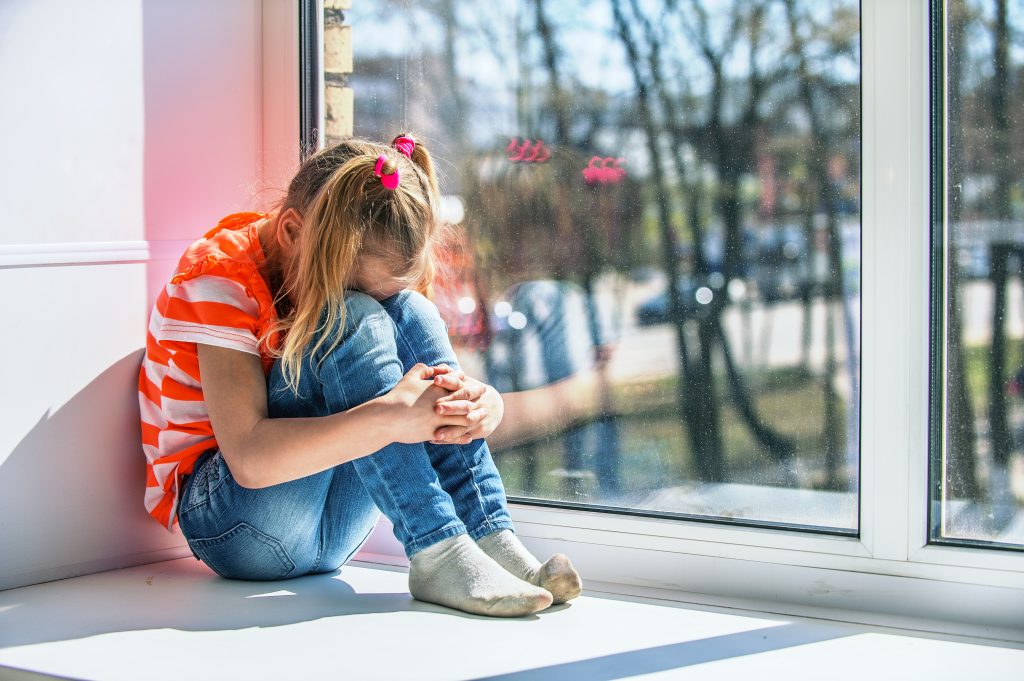Signs of Anxiety in Children Which Parents Often Miss
Anxiety symptoms in children can manifest at a young age, and they’re not always straightforward to identify. Parents often find themselves puzzled by their child’s behaviors, seeking answers in therapy offices. These behaviors persist or worsen despite employing various behavioral strategies like rewards and consequences.

It’s common for parents to view their child’s actions through a behavioral lens, but they might not realize that what appears as misbehavior could actually be signs of underlying anxiety. The image of an anxious child hiding behind a parent on the first day of school isn’t always accurate; anxiety symptoms in children can be more complex and varied.
Parents are often surprised to learn that their child’s apparent defiance or unruliness might stem from anxiety. When a child’s brain perceives real or imagined stress, it triggers survival instincts that can lead to what seems like misbehaviors. Often misunderstood as defiance or disobedience, these behaviors are actually the body’s fight-flight-freeze response to perceived threats. Consequently, anxious children may exhibit a range of behaviors that parents might not immediately recognize as signs of anxiety.
These behaviors can include anger or hostility, excessive questioning, seeking validation, physical symptoms like stomach aches, avoidance of anxiety-inducing situations, struggling to fall asleep, difficulty focusing, heightened emotions, running away or hiding, and clinginess. Each of these behaviors serves as a coping mechanism for the child to manage their anxiety.
For example, excessive questioning and seeking validation are attempts to alleviate uncertainty and gain reassurance. Similarly, avoidance behaviors, such as refusing to participate in activities or running away, provide temporary relief from overwhelming feelings of anxiety.

Understanding these behaviors as potential indicators of anxiety can help parents provide appropriate support and intervention for their children. By recognizing the underlying stress and anxiety, parents can create a supportive environment that promotes their child’s emotional well-being. Instead of viewing these behaviors as simple defiance, parents can approach them with empathy and understanding, helping their child develop healthy coping mechanisms and resilience in the face of anxiety.
